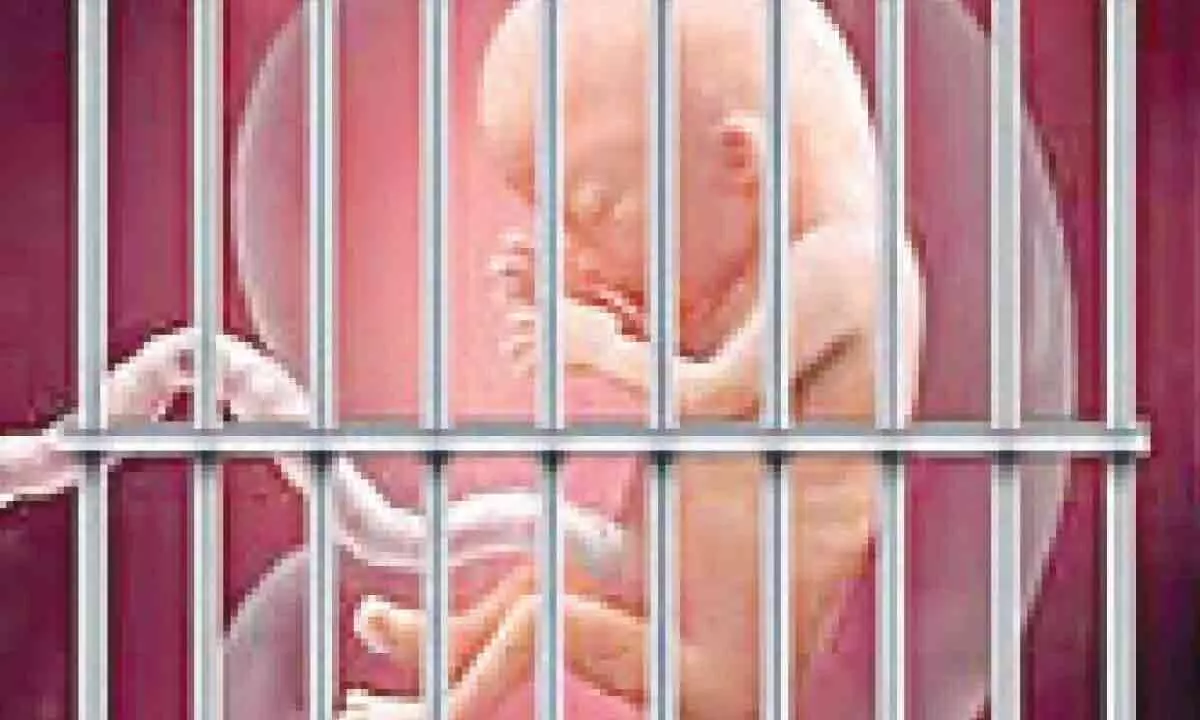New Delhi: Convict’s right includes procreation says High Court

Delay in having a biological child would mean curtailing this fundamental right to parenthood, due to incarceration of a convict. The right to procreate, in this court's opinion survives despite incarceration, in certain set of facts and circumstances of a given case, as the present one
New Delhi : The right to life includes a convict's right to procreate, the Delhi High Court has held while granting a four-week parole to a 41-year-old murder convict serving life term so that he could have a child with his wife, aged 38, with the help of certain medical procedures.
Justice Swarana Kanta Sharma said a convict does not become a lesser citizen only due to his incarceration and, in the present case, where the "biological clock" of the convict and his partner may become a barrier for them to conceive once the sentence got over, the fundamental right to have a child "cannot be deemed to be surrendered in favour of the State". "Delay in having a biological child would mean curtailing this fundamental right to parenthood, due to incarceration of a convict. The right to procreate, in this court's opinion survives despite incarceration, in certain set of facts and circumstances of a given case, as the present one," Justice Sharma said in a recent order. "This court has no hesitation to hold that right to life under Article 21 of the Constitution of India will include right of a convict to have a child when he is not blessed with a biological child by being extended the relief of grant of parole for this purpose where he needs medical assistance and the biological clock due to his age may weaken and make prospects of having a child bleak," the court said.
The court clarified that it was not dealing with the issue of grant of parole for the purpose of maintaining conjugal relationship and conjugal rights but the fundamental right of a convict to undergo treatment required to have a child as per the jail rules.
It added that the right to procreation is not absolute and has to be examined by taking into account various factors like the prisoner’s parental status and age, and a fair and just approach can be adopted to preserve the delicate equilibrium between individual rights and broader societal considerations. In the present case, the petitioner was in prison for the last 14 years and sought parole on the ground that he and his wife wanted to protect their lineage, for which the petitioner would have to undergo certain medical tests in order to have a child through in vitro fertilisation (IVF).
Given the age of the couple, the court observed, their concern that their biological clock cannot wait for the period of incarceration to be over seemed genuine and that it was a “human tendency” to desire biological children.














